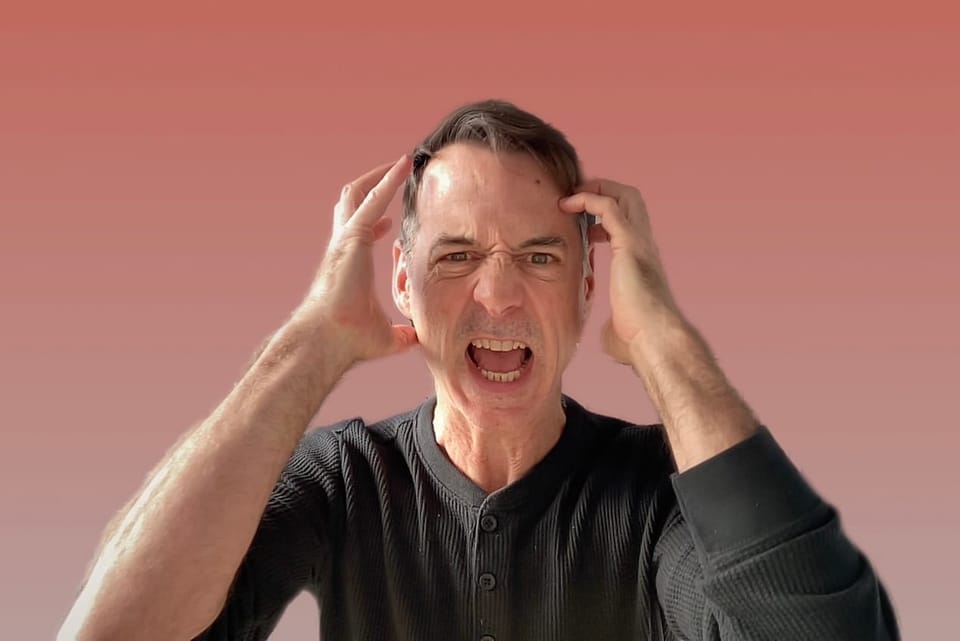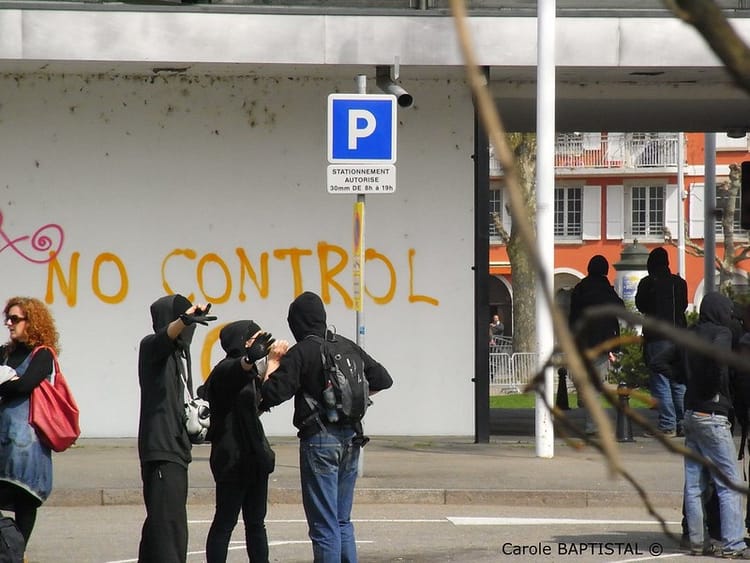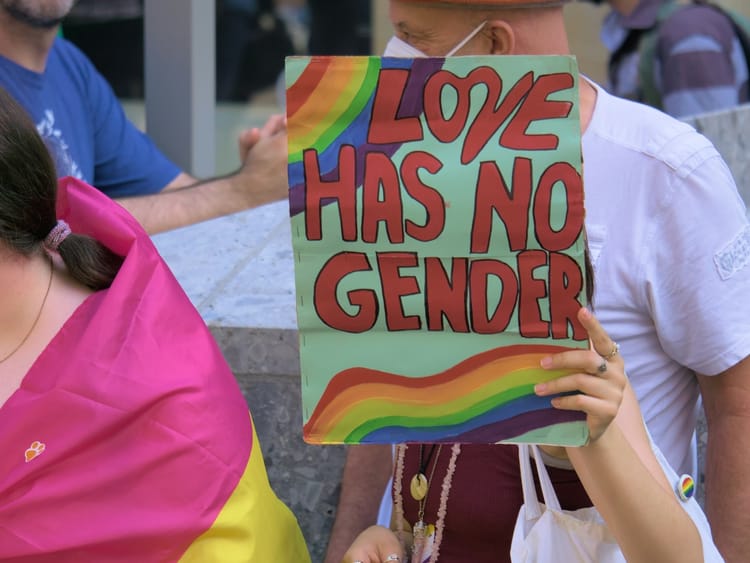The Challenge of Critical Thinking: Why Stress Hijacks Our Rational Brain

Think about the last time you lost your cool and flew off the handle.
How long did it take to regain a calm state of mind where you could think critically—analyzing and evaluating the situation fairly and logically to create a practical and measured response?
This begs the question: What is critical thinking?
Here’s a thoughtful definition:
"Critical thinking is self-guided, self-disciplined thinking which attempts to reason at the highest level of quality in a fair-minded way. People who think critically consistently attempt to live rationally, reasonably, empathically." (Source)
That sounds reasonable—an almost utopian world.
But why does this powerful concept "to live rationally, reasonably, empathically" so often collapse in practice?
We’re bombarded daily with polarizing, fear-inducing, and anger-driven messages. In many places, these messages have escalated into literal wars.
Most reasonable people would agree that humanity is at a tipping point. And that's stressful.
When we’re anxious, overwhelmed, or stressed — when we don’t feel safe, secure, or accepted — we shift into defensive, reactive mode.
This is when our brain’s survival systems take over. The amygdala kicks in, triggering a fight, flight, or freeze response.
If the threat is social or tied to our identity (such as prejudice or rejection), the emotional mammalian part of our brain takes control, making us feel unaccepted or attacked.
In either case, the logical part of our brain—the prefrontal cortex—is hijacked.
Until we feel safe, calm, and secure, our capacity for critical thinking is either limited or entirely shut down.
The biggest challenge with critical thinking is that it’s slow. It takes time to think "rationally, reasonably, and empathically" BEFORE we choose a measured response or course of action.
When faced with triggering news or social media posts, polarizing opinions, or threats to your identity, how do you maintain "self-disciplined thinking which attempts to reason at the highest level of quality in a fair-minded way?"
And — how does lacking mastery over your "thinking brain" impact your ability to take an ethical stand for what you know is right?
BE WELL 🙏
Darren





Member discussion